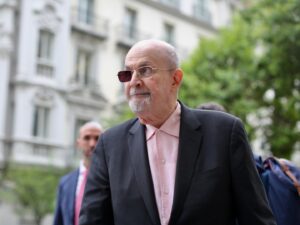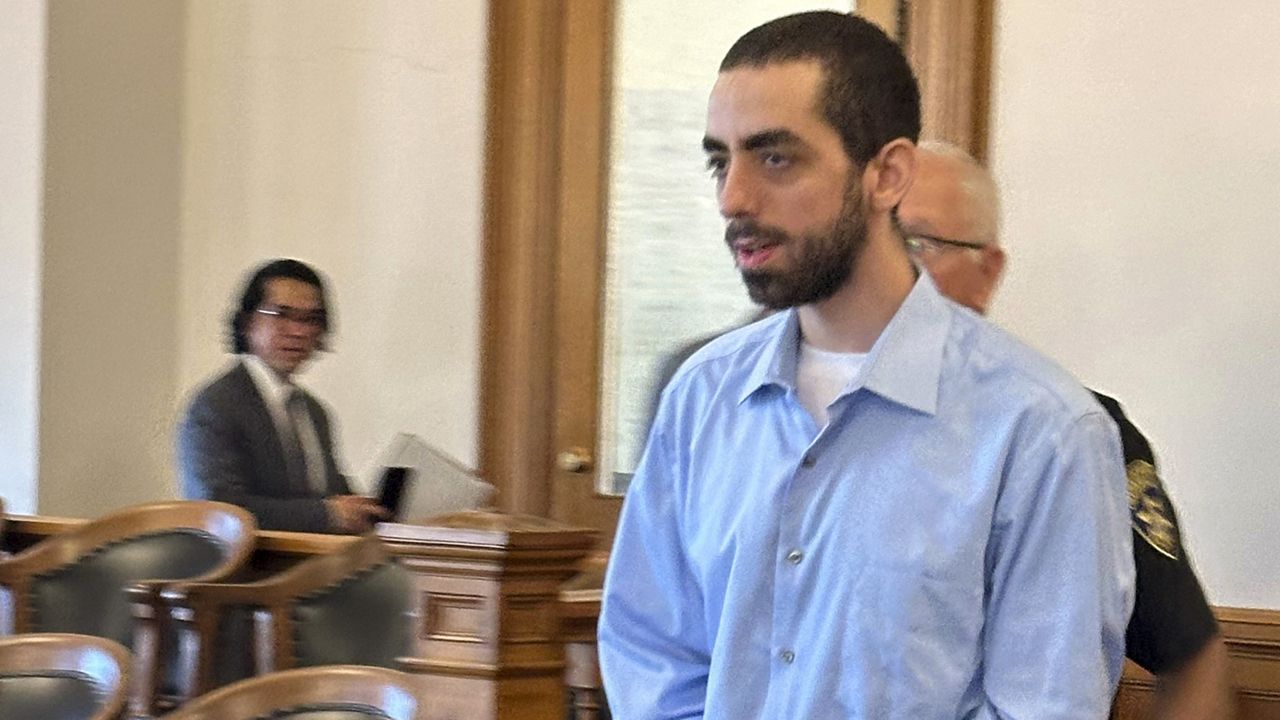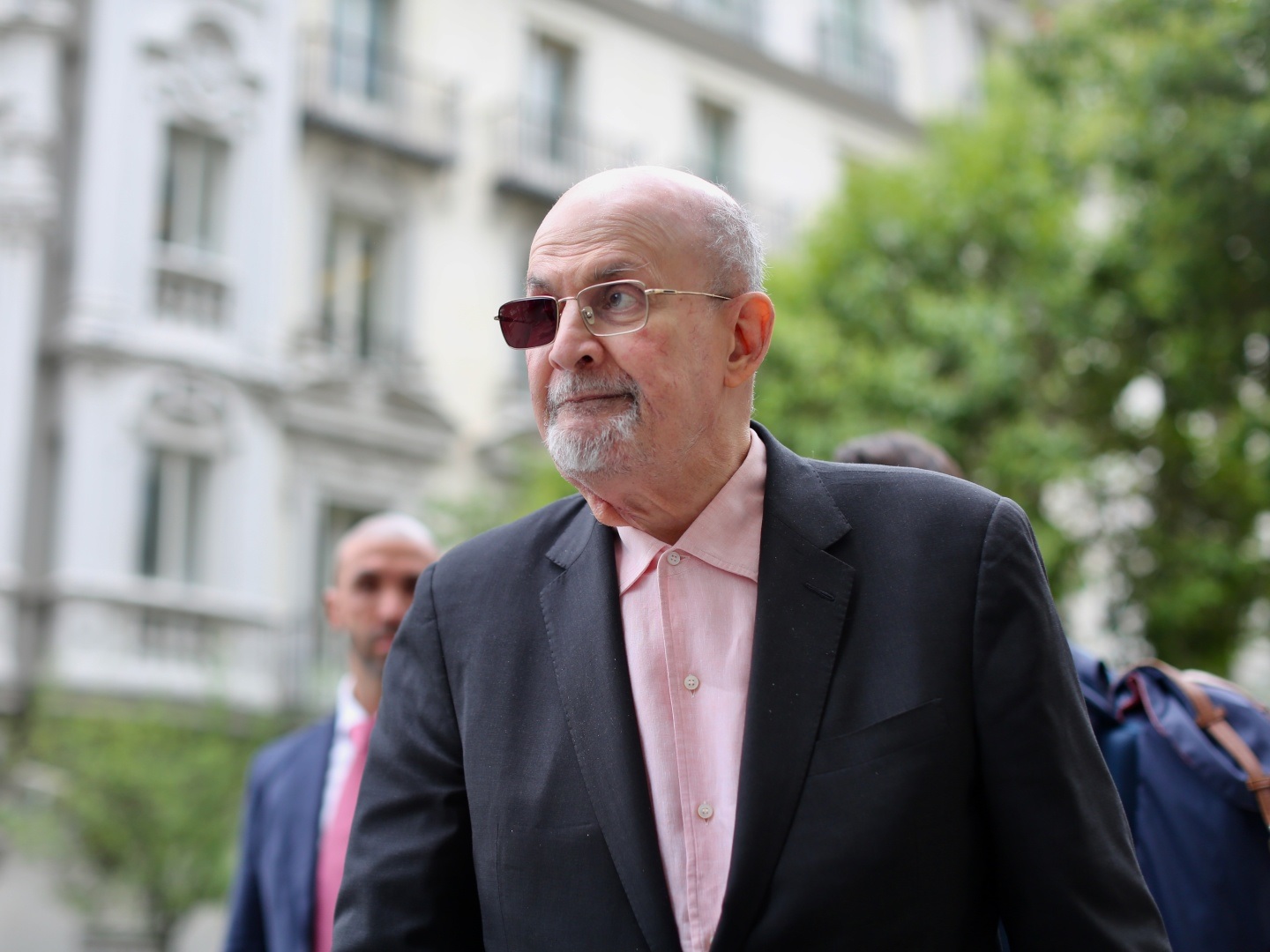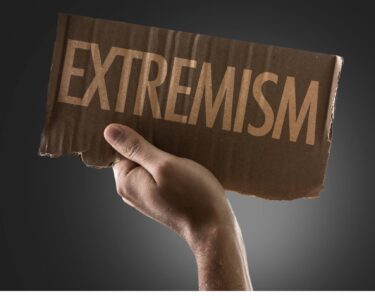Salman Rushdie Trial: A Call for Justice and Reflection on Free Expression
Salman Rushdie—a celebrated author whose controversial works have long stirred debate—was so stunned during an attack on stage in western New York that he did not immediately fight back, according to a prosecutor’s opening statement at the trial of his alleged assailant, Hadi Matar.

Rushdie, 77, who was born in India and later became a British-American literary icon, has lived under the shadow of threats since the publication of his novel The Satanic Verses in 1988. The book, which challenged traditional views and ignited fierce controversy among many Muslims, led to a fatwa in 1989 calling for his death. Despite years of hiding and danger, Rushdie managed to continue his work and even shared his harrowing experience in his memoir, Knife: Meditations After an Attempted Murder.
On the day of the attack in August 2022 at the Chautauqua Institution Amphitheater, Rushdie was seated in an armchair, ready to deliver a lecture on writer safety. Without warning, a masked man charged up the stage and began repeatedly stabbing Rushdie. Prosecutor Jason Schmidt described the assault as swift and brutal, noting that both Rushdie and fellow speaker Henry Reese were so shocked they remained seated at first.
Witnesses recalled that the attacker, identified as 27-year-old Hadi Matar from Fairview, New Jersey, moved quickly—covering about 30 feet—before launching his vicious assault. One eyewitness, a Chautauqua Institution employee, recounted how he rushed to intervene, trying to halt the violent attack.
After the initial stabbings, Rushdie managed to escape while Matar was briefly pursued by onlookers until he was subdued. The trial, now underway, marks the first time Rushdie will face his attacker in court, as he is expected to testify about that fateful day.

As the trial continues, the spotlight is on whether Hadi Matar’s actions were part of a larger ideological agenda—evidenced by his utterance of “Free Palestine” upon being led into court—or a senseless act of violence. With Rushdie’s long, painful recovery still fresh in public memory, his testimony may not only bring a measure of justice but also serve as a powerful reminder of the enduring need to safeguard creative freedom and protect those who dare to challenge the status quo.
In these turbulent times, the Rushdie trial is more than just a legal proceeding; it is a global symbol of resilience and the ongoing struggle for intellectual and artistic freedom.







